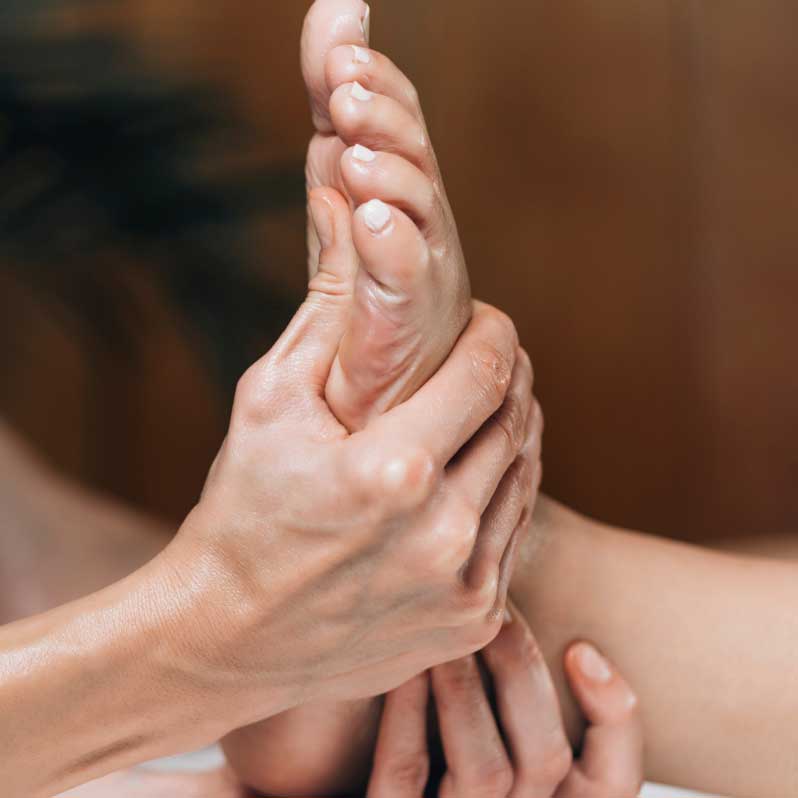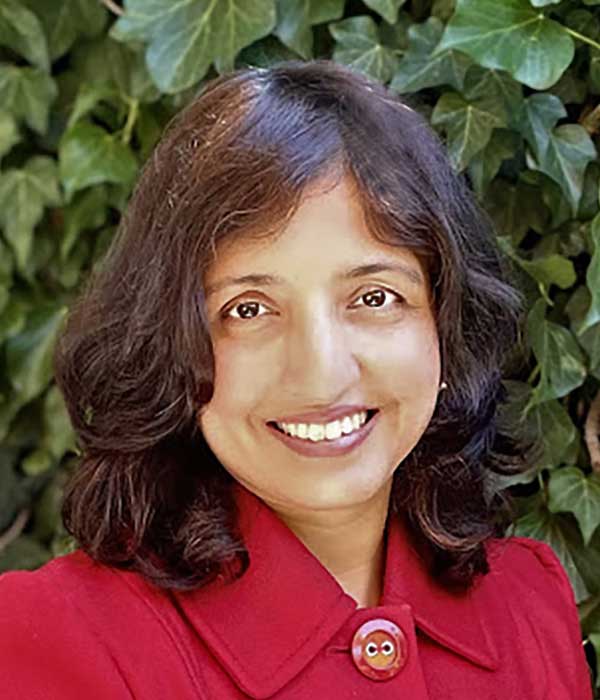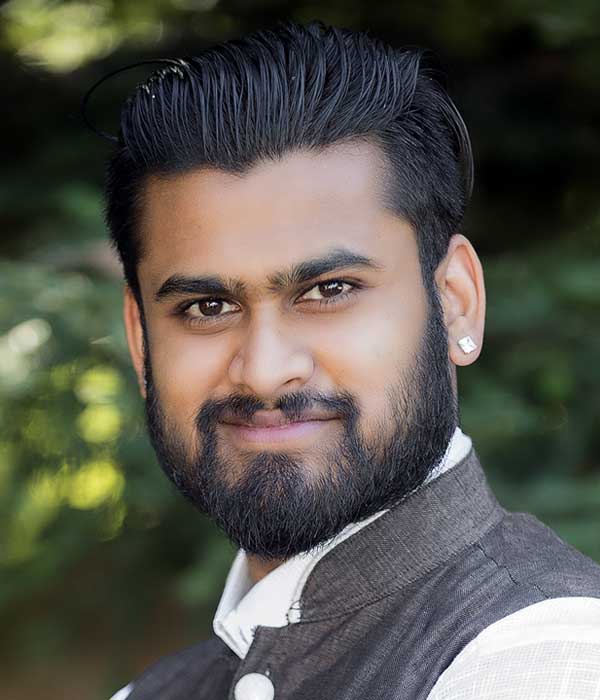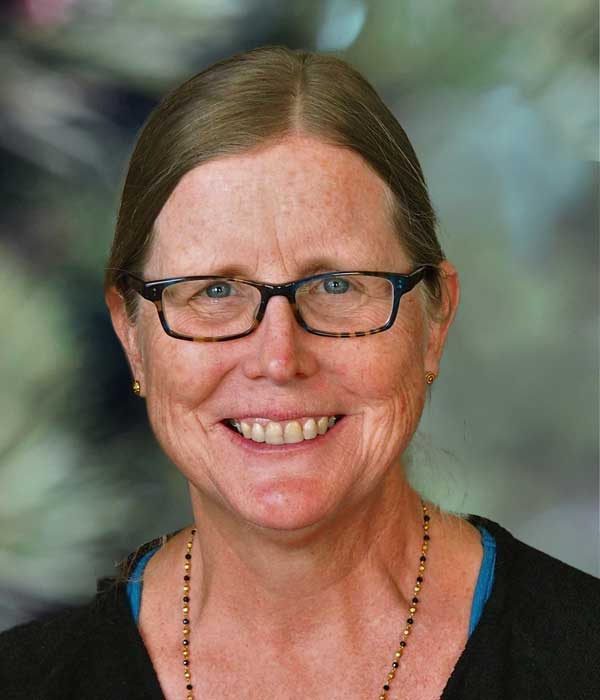INSTITUTE
DIVE DEEPLY INTO AYURVEDA
at Mount Madonna, California
INSTITUTE
DIVE DEEPLY INTO AYURVEDA
at Mount Madonna, California
The AHC curriculum is the foundation for further studies, including Ayurvedic Practitioner and Ayurvedic Yoga Therapy.
Apply for the Ayurveda Educator program, noting your desire to continue into the AHC program. Later, you will have an opportunity to apply for the AHC Practicums through a separate application.





Estimated Total: $9,650
See full details below.
See our 2025 Catalog.
More Information
For more information regarding our programs and admissions, please email us at info@mountmadonna.org or call (408) 846-4060.
| Thursday Evening | ||
|---|---|---|
| 5:00 pm – 7:00 pm | Integration | 2 hr |
| Friday – Sunday | ||
| 7:00 am - 8:30 am | Yoga | 1.5 hr |
| 9:30 am - 12:30 pm | Lecture | 3 hr |
| 1:30 pm - 5:30 pm | Lecture / Integration | 4 hr |
| Tuesday Evenings | ||
| 5:00 pm - 7:00 pm | Lecture / Integration | 2 hr |
| Thursday Evening (1 per month) | ||
| 5:00 pm - 7:00 pm | Sanskrit | 2 hr |
| *Pacific Time Zone |
| Daily | ||
|---|---|---|
| 7:00 am - 8:30 am | Yoga | 1.5 hr |
| 9:30 am - 12:30 pm | Lecture / Practicum | 3 hr |
| 1:30 pm - 5:30 pm | Lecture / Practicum | 4 hr |
| 6:30 pm - 8:00 pm | Lecture / Practicum | 1.5 hr |
| *Pacific Time Zone |
OR
A 19-month program: 15 modules of coursework, 11 modules are hybrid (option to choose online or in-person), 4 modules are required to be in-person and 3 months to complete clinical consultations online.
After completing the Ayurvedic Health Counselor program and the Advanced Yoga Studies (YTT 300) program, attend six months of online Yoga-Ayurveda Integration, one 6-day in-person practicum, and one year of clinical practice.




Course No. AY 100. Prerequisites: None
This course introduces the practice of yoga. Students are required to learn and perform yoga postures, breathing practices, and meditation practices. This course is taken concurrently with AY 101, AY 102, AY 103, AY 104, AY 105, AY 106, AY 107, AY 109, AY 111, AY 112, AY 113, AY 115, AY 130, AY 150.
Course No. AY 101
Description: This course introduces students to the 5,000-year-old tradition of Ayurveda, its aims and objectives, basic principles, concepts of health and disease, methods of examining patients, and treatment methods.
Students gain a solid foundation in the science, history, and philosophy of Ayurveda. They are introduced to the concepts of individual nature and dosha imbalance as the basis for diagnosis of health and disease, as well as the five-element theory.
Course No. AY 102
Description: This course examines the disease process in Ayurvedic medicine, including Ayurvedic anatomy and physiology, the cause of disease, the stages of disease, formation of tissues, and classification of disease. Students learn the process of constitutional analysis.
Course No. AY 103
Description: This course introduces the student to Ayurvedic recommendations for creating healthy lifestyles, daily and seasonal routines, yogic cleansing practices, and self-care. Students also learn therapies focusing on the five senses.
Course No. AY 104
Description: This course teaches yoga philosophy and practice and its benefits in health and disease prevention. Students learn the Ayurvedic effects of different styles of yoga practice, yogic cleansing for disease prevention, and meditation and breathing practices to restore healthy balance to mind and body.
Course No. AY 105
Description: This course introduces the principles of Ayurvedic nutrition and digestion. Students will learn the use of diet and nutrition programs in health and disease, individual guidelines for diet, and a balanced diet for the seasons, while exploring the Ayurvedic approach to the energetics of food.
Course No. AY 106
Description: This course introduces the student to the energetics of consciousness, the Ayurvedic description of the mind, and therapies to support the mind. Fundamental concepts of manas, prakruti and vikruti, the effects of sensory input on the mind, and approaches to managing mental health are explored.
Course No. AY 107
Description: This course continues to study nutrition and introduces the traditional use of herbs in Ayurvedic medicine. Students learn the therapeutic use of food and spices, using food as medicine. The course introduces Ayurvedic foods to balance the doshas and maintain health.
Students will study Ayurvedic herbal philosophy and practices, the Herbal Materia Medica, and the terminology of herbal actions. They begin to understand the use of Ayurvedic herbs to restore physical and psychological balance.
Course No. AY 109
Description: Students are introduced to modes of diagnosis including pulse reading, tongue diagnosis, face-analysis, assessing the mental state, and dhatus, malas and srotamsi. Students practice these modes during outside assignments, practicum and clinic.
Course No. AY111
Description: This course offers the opportunity to explore the interface between Ayurveda and allopathic medicine, helps students understand healthy client practitioner relationships and boundaries, and clarifies scope of practice and the code of ethics for all Ayurvedic Health Counselors.
Course No. AY 112
Description: The theory of Pancha Karma cleansing techniques and Five-Sense Therapy will be introduced. This course explores the Ayurvedic rejuvenation process called Rasayana. Students will learn strategies for Rasayana using herbs, diet, and nutritional support with the goal of slowing or reversing excessive aging, building immune strength, and preventing disease.
This course offers an introductory view of Ayurvedic anatomy of the ear, nose, throat, and neck. This cursory understanding of the head and neck region allows students to study and address common disorders of the head and neck through diet and bodywork recommendations.
Course No. AY 113
This course introduces students to the foundations of women’s health including fertility, menstrual cycle, and menopause, offering recommendations to support imbalances. The course also covers Ayurvedic recommendations for supporting healthy conception, prenatal and postnatal care for expectant mothers, and care for young children.
Course No. AY 115
This course examines the Mount Madonna Code of Ethics as it applies to Ayurvedic Practitioners. Students are introduced to counseling practices as they pertain to client interactions and goal setting. Students explore the business skills involved in setting up and sustaining a professional practice. Topics include marketing, finance, and legal considerations.
Course No. AY 116
Description: Students are introduced to the subtle sister science of Ayurveda, Jyotish (Vedic astrology). Students learn the fundamental concepts of Jyotish, how it can complement client care, and when clients may be referred to an experienced Jyotish practitioner. Students are introduced to the Vedic practices of Hasta (palmistry) and Vastu (science of structures and their energetics), and how these practices can complement client and personal care.
Course No. AY 130
Description: This course introduces the student to the ancient Vedic language of Sanskrit. Students learn to read, write, and chant Sanskrit. This course is taken concurrently with AY 100, AY 101, AY 102, AY 103, AY 104, AY 105, AY 106, AY 107, AY 109, AY 111, AY 112, AY 113, AY 115, AY 150.
Course No. AY 150
Description: Students spend time integrating the content of the courses of the weekend while engaging in practical applications of the principles covered. This course is taken concurrently with AY 100, AY 101, AY 102, AY 103, AY 104, AY 105, AY 106, AY 107, AY 109, AY 111, AY 112, AY 113, AY 115, AY 130
Course No. AY 159
Description: Students will have the opportunity to observe experienced Ayurvedic Practitioners in consultations in the classroom. This course runs concurrently with AY 100, AY 101, AY 102, AY 103, AY 104, AY 105, AY 106, AY 107, AY 109, AY 111, AY 112, AY 113, AY 115, AY 130.
Course No. AY 151
This course applies yoga philosophy and practices through the lens of Ayurveda for disease prevention and to bring healthy balance to mind and body. This course runs concurrently with AY 109, AY 111, AY 112, AY 115, AY 152, AY 154, AY 155, AY 157, AY 158, AY 159, AY 160
Course No. AY 152
This course applies the principles of Ayurvedic nutrition and the therapeutic use of food and herbs to balance the doshas and promote proper digestion to maintain health. Students explore Ayurvedic herbs and spices in preparing dosha-balanced meals and formulations. Seasonally appropriate ingredients will be used for meal preparation. This course takes place during the 7-day practicum.
Course No. AY 154
Students experience first-hand the practices and effects of sense therapies and Rasayana to support their personal health goals. Students gain knowledge of these practices through personal experience and application to enhance the support of clients. This course takes place during the 7-day practicum.
Course No. AY 155
Students build practical experience using modes of diagnosis including pulse reading, tongue diagnosis, face-analysis, assessing mental state, and dhatus, malas and srotamsi. Students will learn to take vital signs. This course takes place during the 7-day practicum.
Course No. AY 157
Description: Students continue to learn to read, write, and chant Sanskrit. Students practice chanting Sanskrit mantras for the benefit of health and overall wellbeing. This course is taken concurrently with AY 109, AY 111, AY 112, AY 115, AY 151
Course No. AY 158
Description: Students spend time integrating the content of the courses of the weekend while engaging in practical applications of the principles covered. This course is taken concurrently with AY 151, AY 152, AY 153, AY 154, AY 155, AY 156, AY 157, AY 159, AY 160
Course No. AY 160
Description: Students will have the opportunity to observe experienced Ayurvedic Practitioners in consultations in the classroom. Students begin to develop diagnostic skills under the supervision of skilled Ayurvedic Practitioners. In addition, students will work in groups to meet clients through Clinical Internship. This includes an initial intake with follow ups for each client, under supervision. Clinical Internship takes place during the 7-day practicum and runs concurrently with AY 151, AY 152, AY 154, AY 155, AY 157, AY 160.
Course No. AY 161
Description: Students are introduced to Ayurvedic Case Study, the analysis and systematic description of a client to promote a detailed understanding of their circumstances and subsequent treatment plan. This course is taken concurrently with AY 151, AY 152, AY 153, AY 154, AY 155, AY 156, AY 157, AY 159.

Populi is a web-based learning management system (LMS). It covers academics, admissions, billing, people, reporting, library, integrated email and calendar. MMI uses Populi as its student information and learning management system, where all student and classroom activity is recorded. Application, enrollment, course work, lessons, assignments, quizzes, grades, transcripts, and financial balances are all located in Populi.
Open House & Info Sessions
Join us for an In-Person Open House or an Online Information Session to learn about upcoming Yoga & Ayurveda Programs.
For more information regarding our programs and admissions, please email us at info@mountmadonna.org or call (408) 846-4060.
Frequently asked questions about our Ayurveda programs.